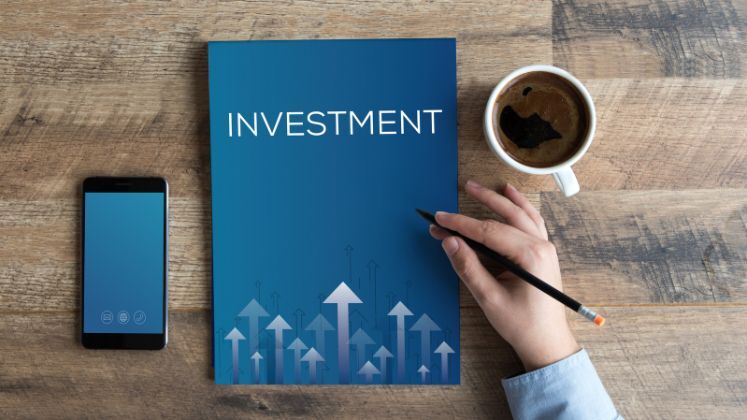
The Bangladeshi economy is experiencing a paradox as foreign exchange reserves show signs of stability, bolstered by record remittance inflows and rising export figures. However, private sector investment remains a significant concern for the Government, particularly in the crucial readymade garment (RMG) sector.
Economists attribute the sluggish private sector investment to ongoing political uncertainty and escalating business costs, predicting these trends may continue for at least another year. The central bank’s forex management policy is expected to stabilise exports and remittances, but sustainable improvement in the economy hinges on revitalizing private sector investment and controlling inflation.
Key indicators of private sector investment include private sector credit growth and capital machinery imports. Recent data from the Bangladesh Bank revealed a mixed picture: private sector credit grew by 9.86 per cent year-on-year in August but fell by 9.20 per cent in September and 8.30 per cent in October. The central bank’s monetary policy aimed for a 9.8 per cent growth target for December.
Capital machinery imports, vital for the RMG sector’s expansion, have also seen a decline. During the July-November period of the current fiscal year, letter of credit (LC) settlements for capital machinery imports fell by 21.90 per cent compared to the same period last year, with LC openings for these imports dipping by 26.45 per cent. Additionally, imports of intermediate goods decreased by 15.38 per cent, further reflecting the downturn in investment activity.
Zahid Hussain, former lead economist of the World Bank’s Dhaka office, highlighted political uncertainty as a primary factor stifling private investment. This political backdrop creates hesitation among business leaders, particularly in an industry like RMG, which is sensitive to market conditions and investor confidence.
While some argue that high interest rates are a deterrent to investment, Hussain noted that private investment has not significantly risen even when interest rates were lower. He pointed to liquidity shortages in banks and a distressed banking sector as additional barriers to private investment.
Prof. Selim Raihan, executive director of the South Asian Network on Economic Modeling (Sanem), echoed these sentiments, stating that ongoing political instability has compounded challenges in attracting fresh investments. The slow pace of private investment, particularly in the RMG sector, is concerning as it struggles to recover from the pandemic’s impact.
Many business leaders, especially those with ties to the former government, are grappling with operational challenges, further exacerbating the lack of investment in the RMG sector, which is crucial for job creation and economic growth in Bangladesh.
Despite these hurdles, Bangladesh’s forex reserves have crossed US $ 21 billion for the first time since the interim government assumed power in August, standing at US $ 21.36 billion as of 31st December. This stability has been primarily driven by a record US $ 26.9 billion in remittances last year, a 23 per cent year-on-year increase. Exports also reached US $ 50 billion in 2024, marking an 8.3 per cent year-on-year rise.






